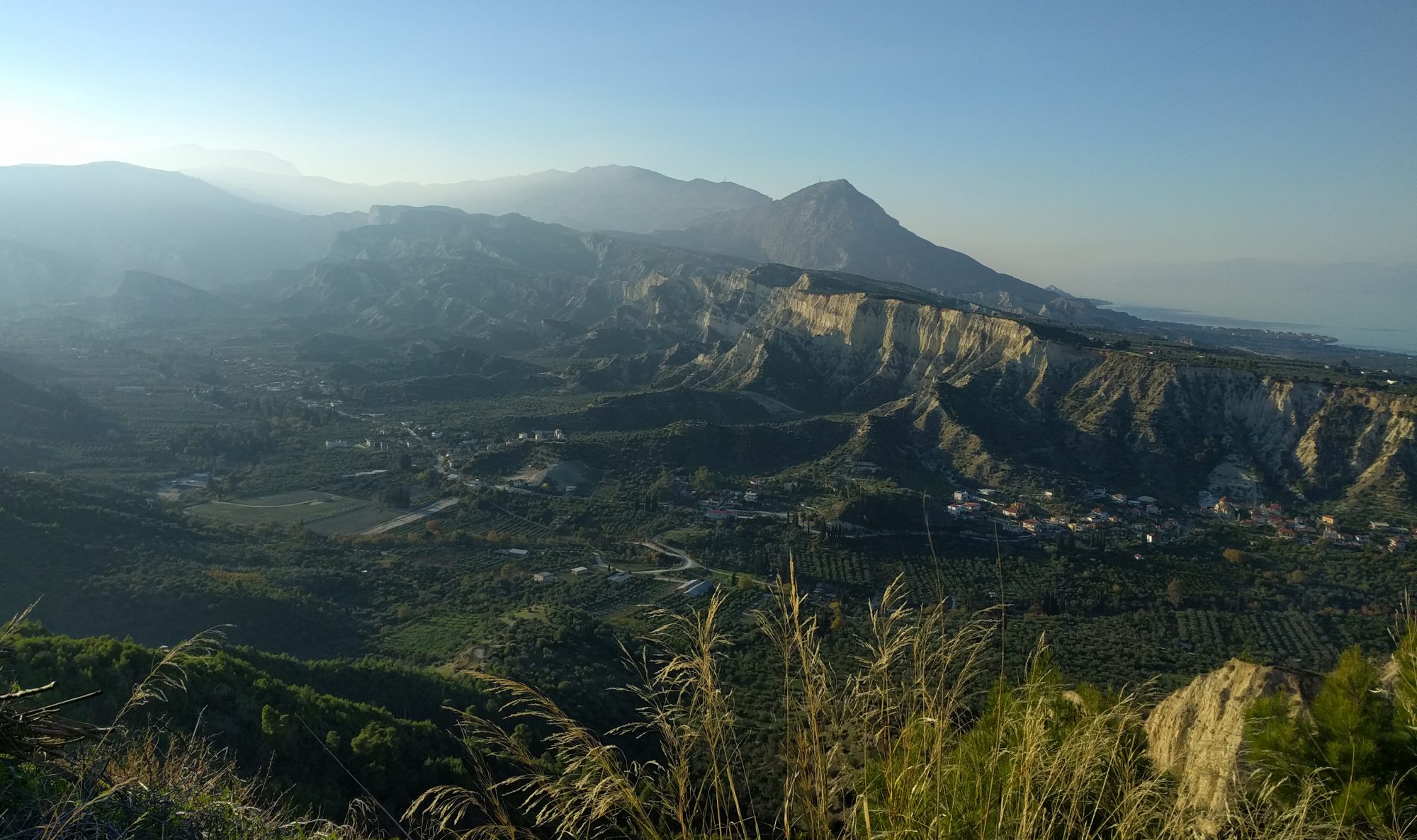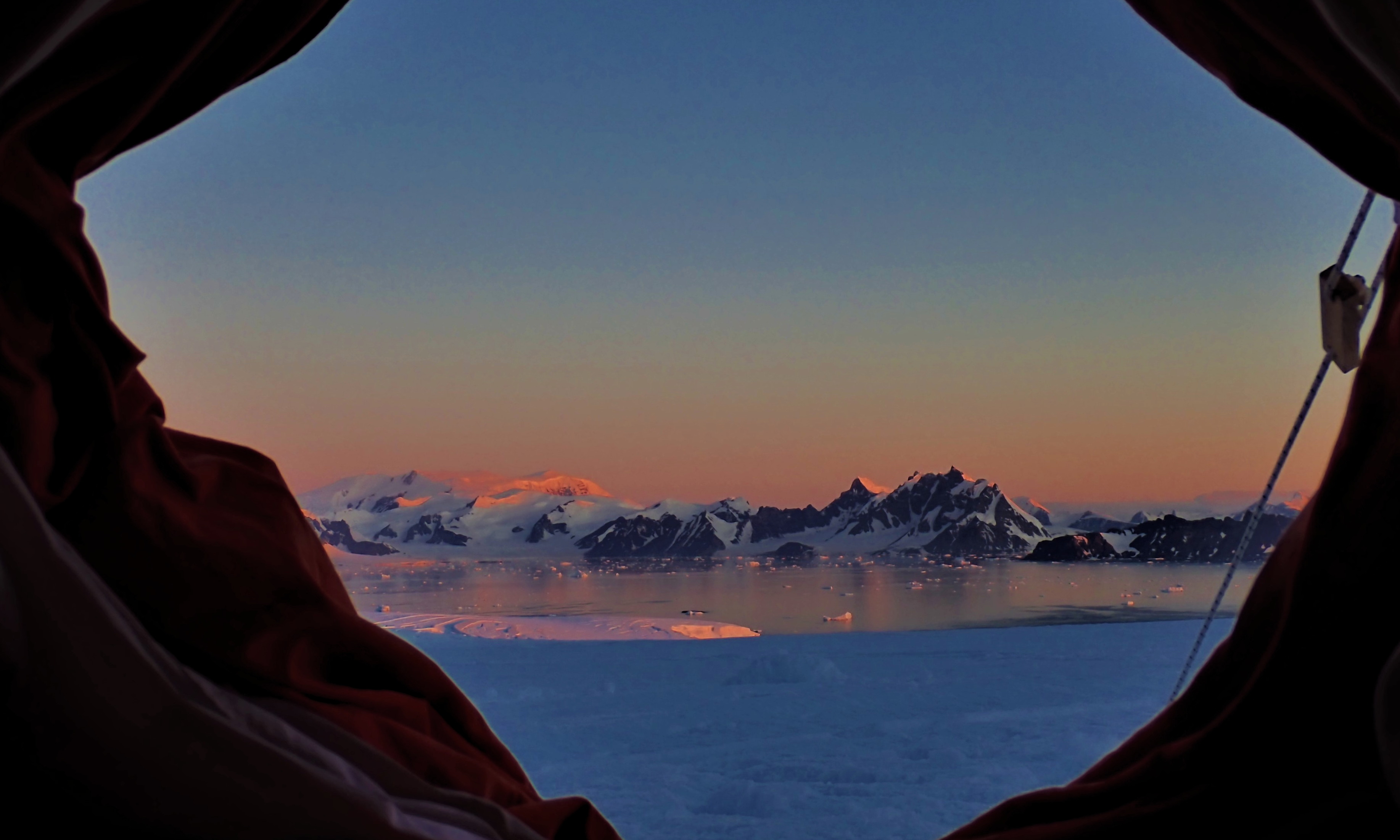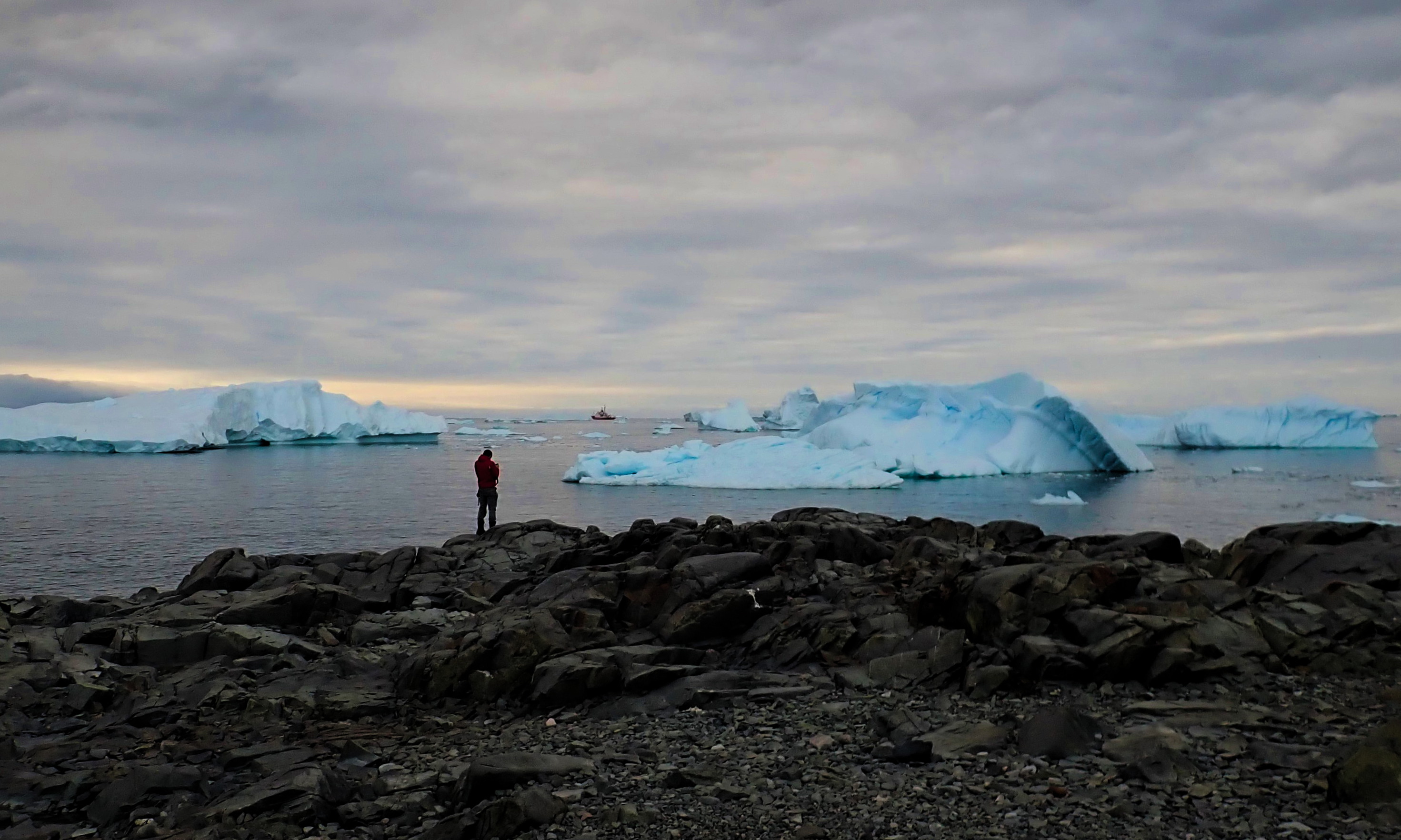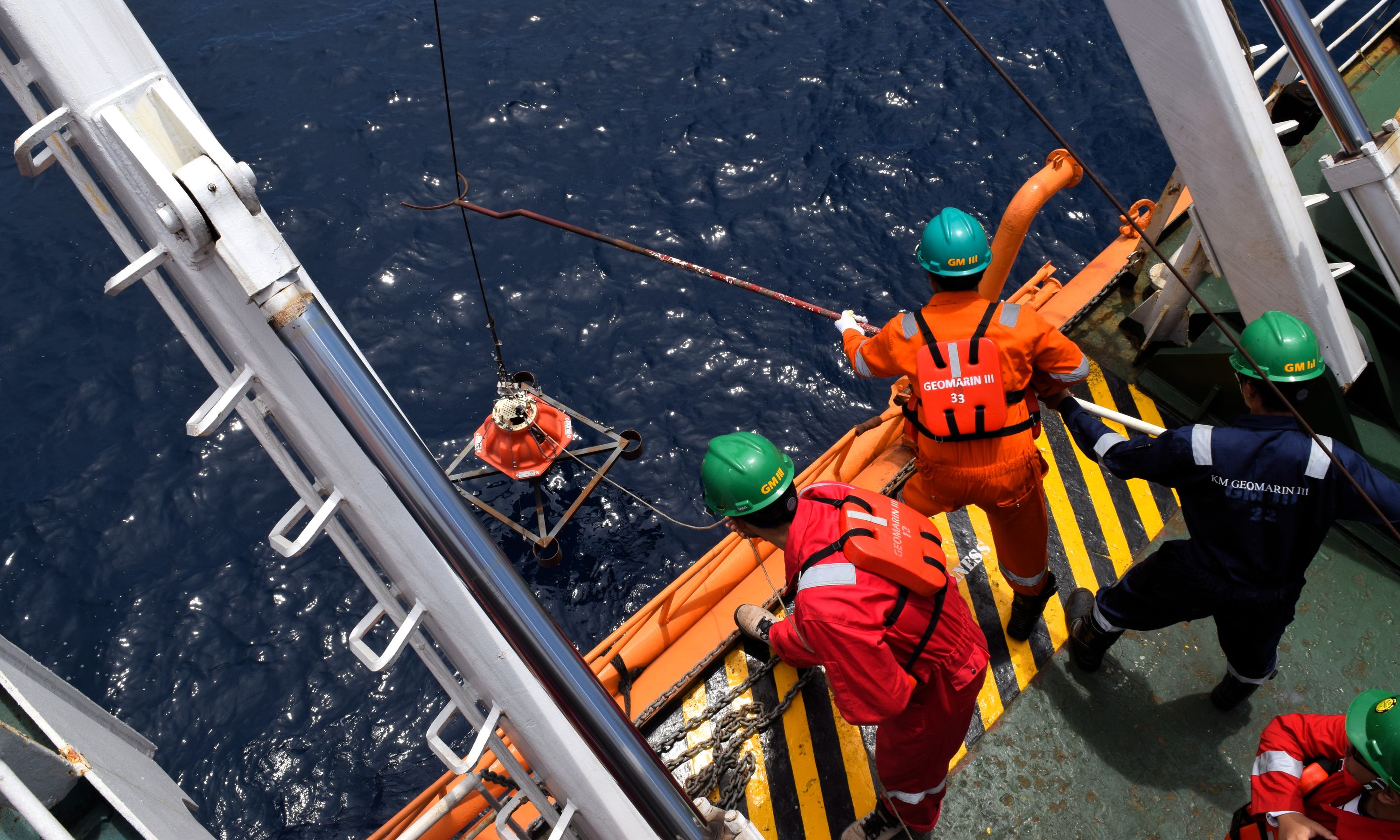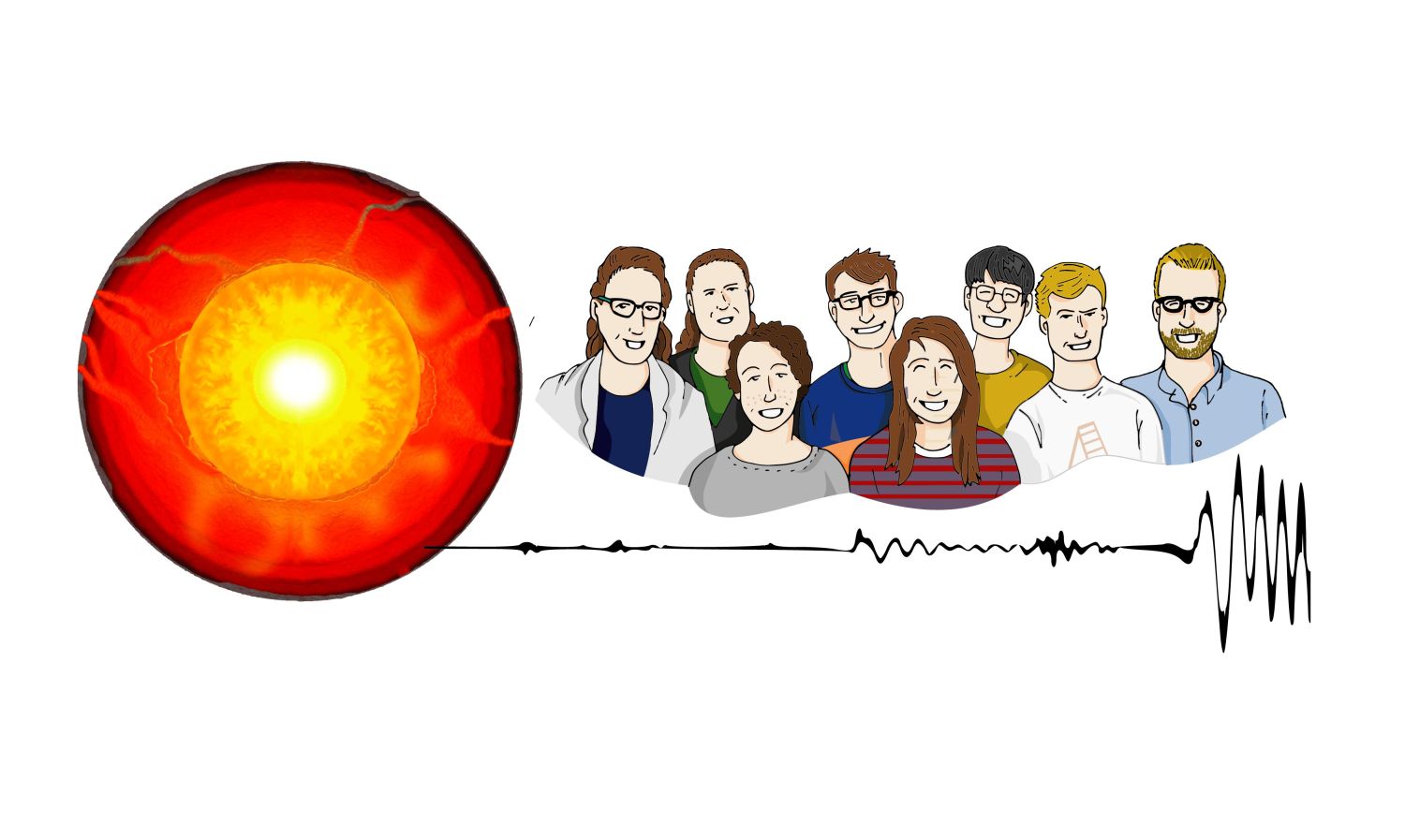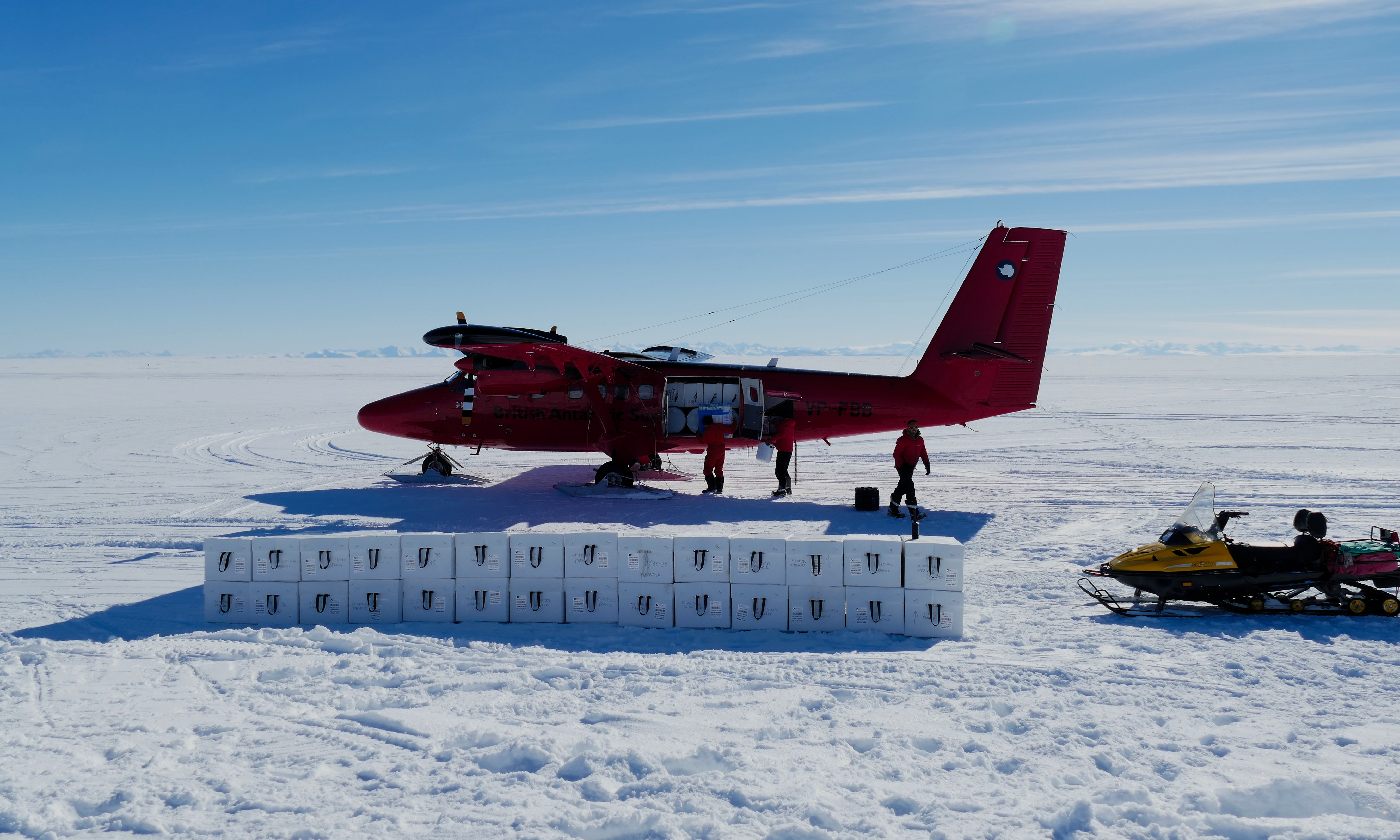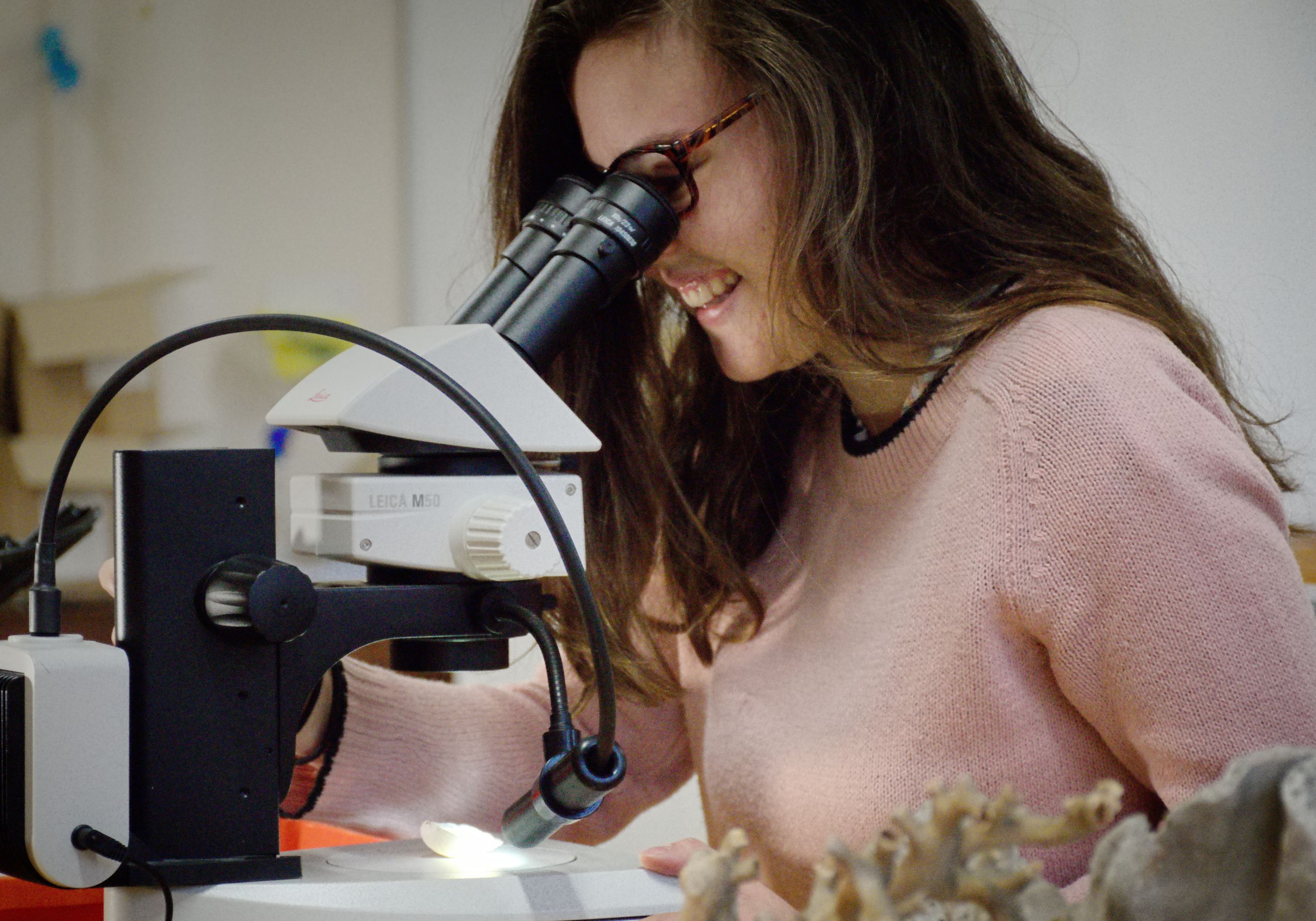My PhD concerns a longstanding question—how do valuable metals move through volcanic systems? Since starting my PhD in September 2018, I’ve been looking forward to testing my hypotheses on this topic in the field, on a six-week expedition called the Metals in Magmas field campaign. Like many Earth scientists, I spent months planning the project’s logistical and technical details. But, two weeks before the fieldwork was set to begin, the outbreak of the current global pandemic stopped the project in its tracks. My plans are now on hold and my PhD can’t continue as originally billed. In this blog post, I hope to share my perspective on the impact of COVID-19 on my PhD research.
Continue reading “Research in Lockdown: Fieldwork Disrupted”WACSWAIN: Sherman Island Drilling—Part Three
In the final instalment of this WACSWAIN fieldwork diary, Isobel Rowell describes the heartbreak of ending her fieldwork earlier than planned, as drilling takes a dramatic turn.
Continue reading “WACSWAIN: Sherman Island Drilling—Part Three”WACSWAIN: Sherman Island Drilling—Part Two
In part two of her three-part series, Isobel Rowell describes her daily routine as part of the WACSWAIN team, drilling into the Antarctic ice sheet and sampling ice chippings from the borehole in search of ice from the last interglacial.
Continue reading “WACSWAIN: Sherman Island Drilling—Part Two”WACSWAIN: Sherman Island Drilling—Part One
In a three-part series of blog posts, Isobel Rowell describes her experiences on the second field campaign of the WACSWAIN project. Part one outlines the motives behind the Sherman Island drilling project, and details the team’s journey to their drill site.
Continue reading “WACSWAIN: Sherman Island Drilling—Part One”Imaging of North-Sulawesi subduction in the Celebes Sea
How does subduction start? The answer to this question remains enigmatic and controversial. The process of subduction, which drives global plate tectonics and helps to shape the Earth as we know it, began as early as 4.1 Ga, but how the first subduction zone initiated remains unknown. Some have argued that the plate tectonic cycle was kick-started by spontaneous subduction at passive continental margins, yet such a phenomenon has thus far not been observed in a modern plate tectonic setting. Consequently, scientists have a very limited understanding of what mechanisms may initiate spontaneous subduction.
Continue reading “Imaging of North-Sulawesi subduction in the Celebes Sea”Deep Earth Explorers
In this blog post, Jess Bartlet answers questions about her experiences as a Public Engagement Coordinator within Dr Sanne Cottaar’s deep Earth research group. Together, they seek to unravel and expose the mysteries of the Earth, thousands of kilometres beneath our feet. Working with the Sedgwick Museum of Earth Sciences, Jess is developing a series of interactive exhibits and hands-on activities to plunge the general public deep into the Earth’s interior from March 2020.
Continue reading “Deep Earth Explorers”WACSWAIN: the hard slog of analysis
The last time I blogged about WACSWAIN was in January 2019, when we were in the euphoria of having drilled to the bedrock at Skytrain Ice Rise, and retrieved 651 metres of ice. So what have we been doing since then?
Continue reading “WACSWAIN: the hard slog of analysis”Sifting through the sediment
While many of my friends spent their summer vacation swanning off to remote corners of the world for some well-deserved rest and relaxation, I decided that it would be fun to spend August doing some lab work in Cambridge—I was actually pleasantly surprised.
Continue reading “Sifting through the sediment”